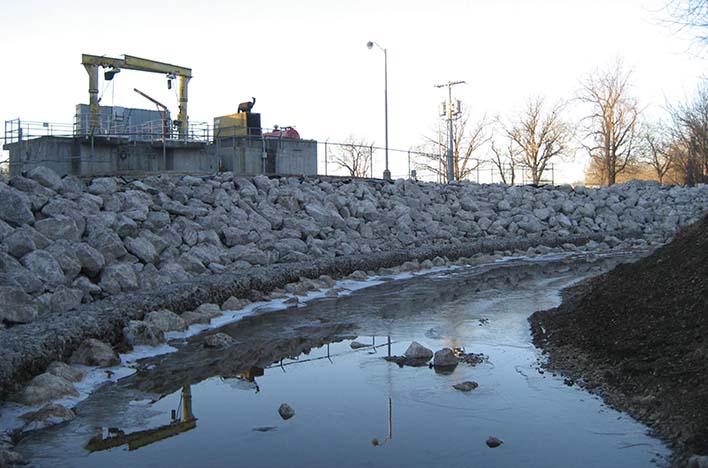Growing a small business from your basement to eight regional offices involves not only a lot of work but also taking advantage of available resources and opportunities.
For Kimberly and Trent Robinett, owners of TREKK Design Group, those opportunities have included becoming a part of the Small Business Administration’s 8(a) Business Development Program.
The Robinetts founded TREKK in 2002. Today, their offices are spread throughout Missouri, Kansas, Nebraska and Tennessee, and employ 125 people, offering engineering design and consulting services.
“Our focus is on clean water and safe roads,” Kimberly said.
Nuts and bolts of 8(a)
The decision to pursue the SBA 8(a) designation was taken only after TREKK was well-established. The company had worked into a number of good contracts and projects with local and state governmental agencies and was ready to broaden its reach, Kimberly said.
“It looked like a good way to grow the company,” she said. “You get another set of agencies you can work with.”
It was a good way to grow—but also laborious and intensive.
By definition, the 8(a) program is a business assistance program for small, disadvantaged businesses. The 8(a) program offers a broad scope of assistance to firms that are owned and controlled at least 51 percent by socially and economically disadvantaged individuals.
The benefits for a business include the ability to compete for set-aside contracts in the program, working with a business opportunity specialist to navigate federal contracting, forming partnerships with more-established businesses in the program’s mentoring program and using the assistance the program and the SBA provide.
When the process began, the Robinetts had a third partner, another woman. Because there were two women owners and Kimberly is half Cuban, the company already was a designated MBE/WBE. However, that meant that more scrutiny was paid to TREKK as it went through the SBA process.
“We had an extra burden of proof, but there were a lot of people willing to work with us and, in the end, you just have to go through the process,” she said.
Sharpening focus
While the process may have been a long one, it was extremely beneficial for TREKK in several ways.
The company, which was already eight years old when it started the SBA process, had experienced sustained growth and had projects working with several departments of transportation.
“It confirmed a lot of what we were doing,” Kimberly said.
Unlike many companies that apply for the SBA designation, TREKK didn’t use a mentor company while it was going through the process. Kimberly said that because TREKK was well- established and had relationships with several state departments of transportation and bigger companies, it didn’t make sense to choose just one company to work with during the year and a half it took to complete the process.
Since achieving the designation, Kimberly and Trent have become the sole owners of TREKK. They also have gone through the required yearly review of their business plan. That process has helped the company reprioritize and refine its mission, she said.
The reassessment means that this year, the company is focusing on its key services of engineering design and consulting services, specifically for sanitary sewer clients.
“We still want to do everything, but we were too broad,” Kimberly said. “We have to put our energy into key services for our key clients.”
The goal is still supporting the “clean water and safe roads” mission but in a more streamlined way.
Gaining traction
Has achieving the designation made a difference for the company? Kimberly thinks so, especially with the constant need for review and the redefining of what the business’ focus is on.
“I think it will help us get a foot in the door and continue being true to our Midwest (clients and roots).
“I would do it again. I’m excited to live out our vision and excited to get the traction going and grow that part of our business.”


